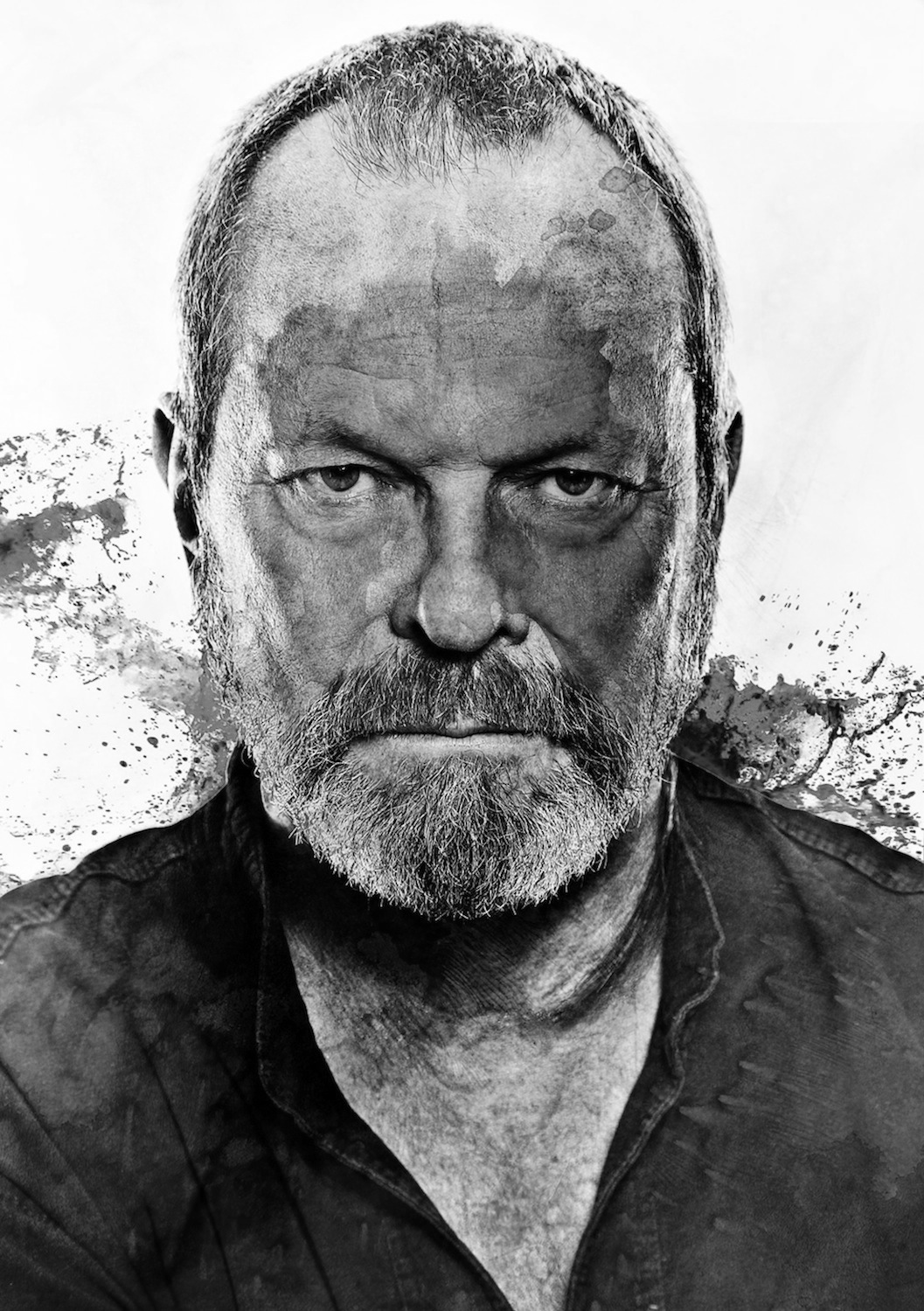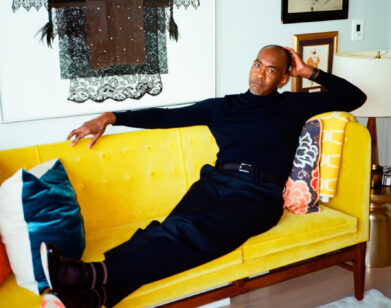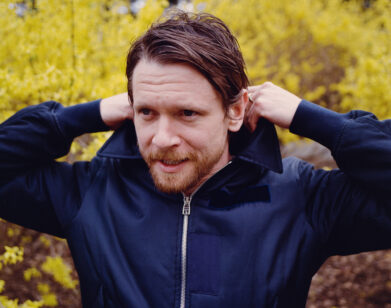Terry Gilliamâ??s Pessimistic Optimism

ABOVE: TERRY GILLIAM
Terry Gilliam, illustrator, American expat in London, member of the seminal British Monty Python comedy troupe, and director of The Adventures of Baron Munchhausen (1988), 12 Monkeys (1995), Fear and Loathing in Las Vegas (1998), and the 1985 ür-dystopian satire Brazil, has long traded in the frenetic and the fantastical. It’s pretty much an expression of the man himself, who balances an idiosyncratic humor with a sharp, often critical frankness about the world we live in.
When Interview caught up Gilliam, dressed in a vibrantly colored-and-printed short sleeve button down, at this month’s Marrakech International Film Festival, he confided, “I am becoming more pessimistic about optimism.” It’s a fitting remark that connects to his latest film, The Zero Theorem, a tongue-in-cheek riff on Waiting for Godot set in a futuristic London where the fashion of choice is garishly-hued PVC, ads address individuals directly, therapy sessions are packaged into a computer program called “Shrink Rom” (with Tilda Swinton as the titular shrink), and the general population seems to be vapidly gung-ho about, well, everything. For the follow-up to his 2009 film The Imaginarium of Doctor Parnassus, Gilliam cast Christoph Waltz as his anxiety-riddled protagonist Qohen, a completely hairless office drone who isolates himself from the world in an abandoned church, waiting for a phone call that he believes will reveal the meaning of life. A silver-coiffed Matt Damon is Gilliam’s choice for “the Management,” who enlists Qohen to spend his days working on a futile-seeming unsolvable equation which, if solved, would revolutionize the technological capabilities of the universe.
“I knew it would be compared to Brazil,” Gilliam says of the film. “Three years ago I was talking to [Brazil writer] Tom Stoppard [and] I was saying, ‘How could we make a Brazil about a contemporary world?’ We didn’t know because the contemporary world has been so amorphous. When the script came in, I thought, ‘Ah, this is one way of maybe dealing with it.’ I made it more and more about a world that’s connected, and how do you escape from it? How you do find out who you, as an individual, are? Because now, we only seem to exist by what we are tweeting or calling each other… we are neurons in a big nervous system. All these things bothered me, so I just thought I’d throw them into the system and see what we make.”
Gilliam shot the film last summer in Bucharest, and did most of the work in the editing room. “Each project is its own set of problems or rules. This time, it was more the journey. Normally, when I prepare everything properly, I know the story we are telling and it’s leading to that,” he explains. “And then we start making it and you get lost in the forest. There’s something interesting. It has changed a bit in the making, which is good, so it’s always alive.”
With The Zero Theorem marked for a release sometime in 2014, Gilliam will also return to his early comedy roots with John Cleese, Eric Idle, Terry Jones, and Michael Palin for a series of Monty Python reunion shows next July, the first of which sold out in just 43 seconds. “Terry Jones kept complaining he needs money for his mortgage,” Gilliam jokes of the impetus behind the reunion. “We have the public’s money, now we don’t care.” Gilliam mainly stayed behind the scenes during the tenure of Monty Python’s Flying Circus on the BBC, save for a few characters, primarily concentrating on producing the animations that bridged the show’s sketches, but will take on more of an acting role for the reunion. “Before in the shows, I used to play the grotesque character,” he says. “I will still be doing those. The script at the moment has a nude organist at the beginning. Seventy-three years old, naked, not a pretty sight!”
TERRY GILLIAM’S THE ZERO THEOREM WILL BE RELEASED IN 2014.






